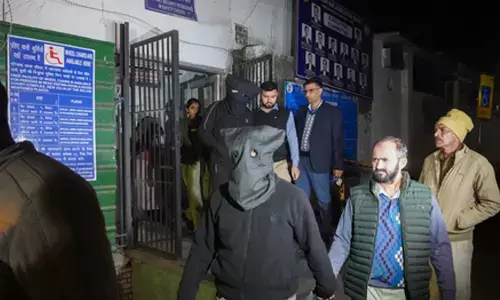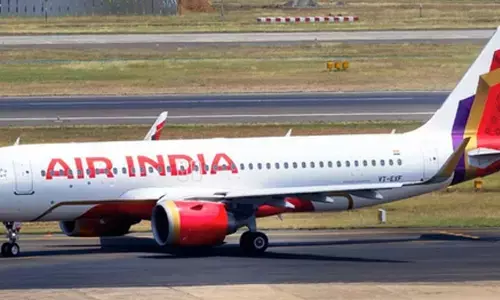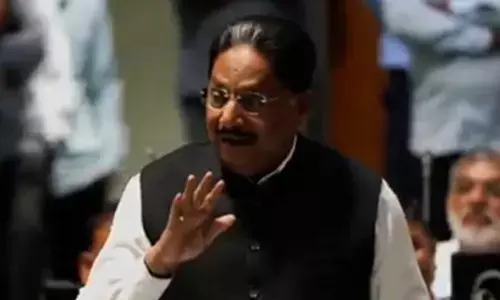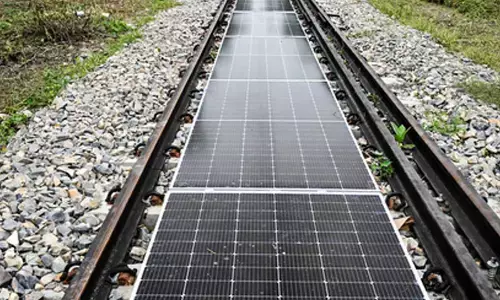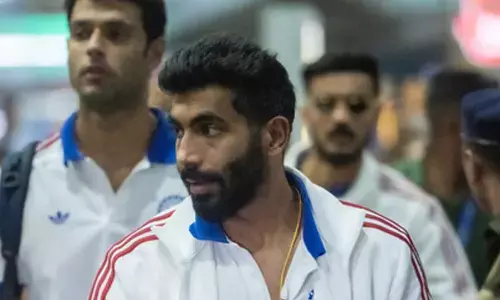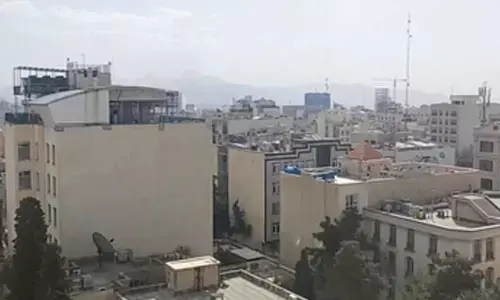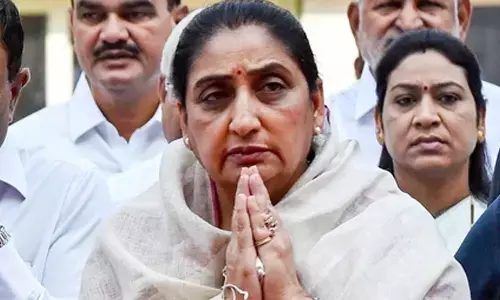Formation of Telangana: A Vindication of need for a separate state?

Formation of Telangana: A Vindication of Need For A Separate State. Administration of a country as big as India is undoubtedly difficult, and one of the most viable solutions available for any government, though controversial has turned out to be the formation of new states from the existing ones.
Administration of a country as big as India is undoubtedly difficult, and one of the most viable solutions available for any government, though controversial has turned out to be the formation of new states from the existing ones. India having claimed to be a federal country through its constitution, its division of country whether for political gains or administrative purposes, is still an issue that seeks great addressal. India is an exemplary example for the concept of unity in diversity but during the last few decades after independence several separatist and divisive forces have emerged and threatened the country’s unity and diversity.
The increasing demand for new states reveals the rise in regional and linguistic fanaticism. Telangana region in Andhra Pradesh and Gorkhaland and Kamtapur in West Bengal are the recent evident examples of the notions of regionalism over riding the identity of the nation as a whole. The advantages of creating new states, ‘Small is beautiful’ as it enables the state for proper administration and good governance. Easy allocation of funds and speedy recognition of flaws and thereby finding a solution to them will be a much accelerated process.But then, this is not happening effectively in the recently formed states because of political stigma and internal problems. The recently formed 3 states in the country are facing chaos, they are surrounded in vicious circle of naxal insurgency, political stigma, economic crisis and sharing of natural resources.

The Telangana Bill gained momentum, though it was rejected in the state assembly, there it saw a sudden rise of demands from other parts of states and communities that saw a voice for the new state. The governmental response to the mass agitations in telangana showed that the centre had to bow before popular demand (irrespective of the claims that such divisions are politically motivated and calculated), and this gave a new lease of life to those who were waiting for leaders and mass activism for the separation of their individual states.
But then what needs to be analysed is the fact that the formation of one state does not necessarily pave way for the formation of other states. What needs to be considered is the fact that various demographic, sociological and political factors play an important role in the determination of separation of states. Though “small is beautiful”, but big maybe better, because “sharing of resources” becomes an important motto for running the wheel of development. The 29th state of the country which is about to form is carving out of political calculations rather than on regional identity.
The T-Bill which is on the way for approval, though the Seemandhra region is greatly condemning it. The whole things revolves around the capital city Hyderabad. The city is the whole crux of the Andhra Pradesh, Major developments of education institutions, medical facilities, I.T sector is highly concentrated in the region. The whole state’s revenue is spent in building the Magnificent Hyderabad. Though it is geographically located in the region of Telangana, it is part of whole Andhra Pradesh. If India’s 29th state carved out there are both pluses and drawbacks for the both mother state and newly formed state. Without the coastal line, telangana may face hike in prices of goods, Real estate may drop in the most of regions, But by the division of states, as in Telangana too, what is observed is that resources tend to get concentrated in the Andhra region of the state, thereby leading to complications and further disputes adding to the long list of river water disputes in the country. Further, the problem of naxalism will breed and find its roots in lack of development due to misappropriation of funds. If political instability takes place in the state, it will turned out as political experiment labs for the central government like in State of Jharkhand. Smaller states will always have smaller proportion to represent, this leads to poor care shown by Central towards the state. Finally the people who speak Telugu language will be torn apart which may create hatred feelings between the two states.
Telangana will reap opportunities if the state formation happens, capital of the state Hyderabad will become the state’s treasure chest. The whole revenue will be used on the infrastructure developments in the regions of Telangana. Employment generation will become rapid and it leads good economy of the country. Education opportunities for youth becomes like sand box asthe students belonging to Seemandhra cannot claim the reservation in Elite institutes like NIT-Warangal, Nalsar- Hyderabad. Everything can be changed with a strong political will and great determination. The creation of telangana state may be seen for easy and comfortable governance, but how far this governance has been effective remains a question that is yet to be answered. Whether it is big or small, development takes its pace only with strong political governance and citizens’ contribution to the state. We may be Keralites, Marathis, Bengalis, Tamilians, and Assamese. Ultimately on the whole we are Indians.
The opinions expressed in this article are those of the author and do not necessarily reflect the views of our organisation.


